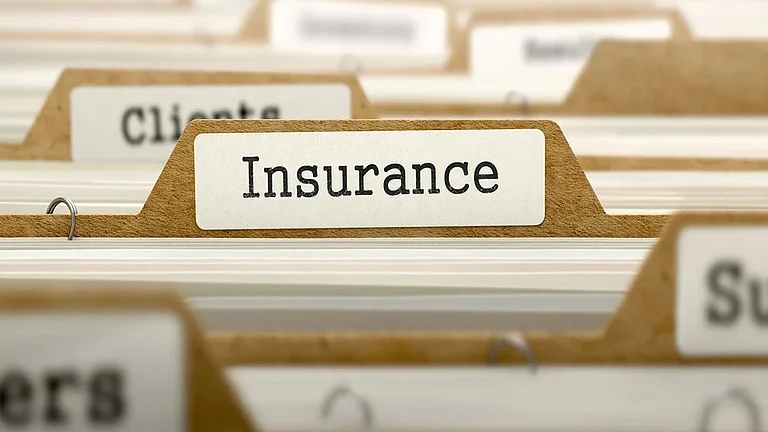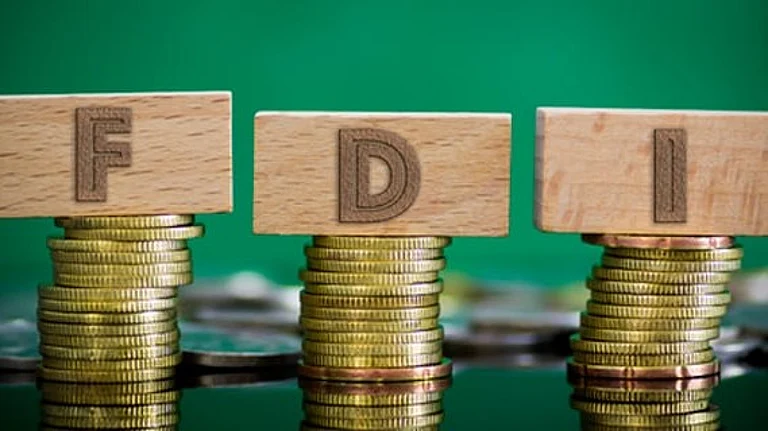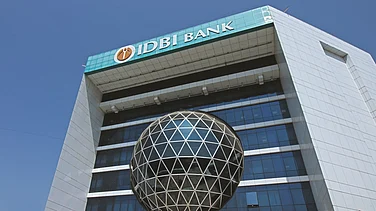The Waqf Board Amendment Bill, 2024, was tabled by Minority Affairs Minister Kiren Rijiju in the Parliament today. The bill has now been referred to the joint committee of the Parliament by Rijju.
The bill intends to rename the current Waqf Act of 1995 as the Unified Waqf Management, Empowerment, Efficiency, and Development Act. The government has received several criticisms for the introduction of the bill. Justifying the bill, Rijju said that this bill does not interfere with the freedom of any religious body. Far from taking away anyone's rights, the bill is intended to grant rights to those who have never had them.
In accordance with Islamic law, waqf refers to properties that are used for religious or charitable purposes. Here are the five key features of the bill:
Establishment of a Central Waqf Council
Along with the establishment of state Waqf boards, the bill proposes a Central Waqf Council. The council should have at least two non-Muslim members on the board who would be appointed by the state government and two Muslim women on the board.
District Collector as an Arbiter
To determine whether a land would be under the Waqf board or government land, the decision of the district collector would be final. The bill reads, “If any question arises as to whether any such property is a government property, the same shall be referred to the collector having jurisdiction, who shall make such inquiry as he deems fit and determine whether such property is a government property or not and submit his report to the state government.”
Different Board for Bohra and Agakhani Communities
One of the key features of the bill is to have a separate board for the Bohra and Agakhani communities. In addition to it, other backward classes of Muslims, including Shias, will also get representation for the same.
The bill says it will ensure “representation of Shia, Sunni, Bohra, Agakhani, and other backward classes among Muslim communities.”
Establishment of a Central Portal
In order to provide a detailed procedure, the draft bill proposes the establishment of a central portal. Within six months of the commencement of the new Act, the details of the waqfs should be filed.
Decrease Annual Contribution
The bill proposes lowering the annual contribution from seven percent to five percent for waqfs with a net annual income of Rs 5,000 or more. This payment is to be made by the 'mutawalli' (trustee or manager) to the Board.































